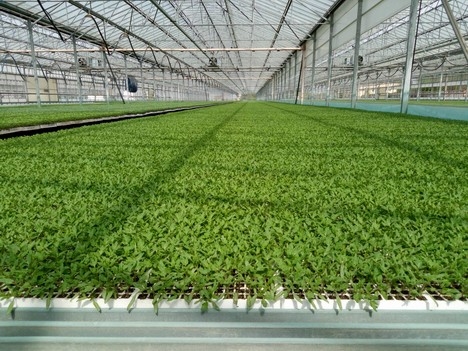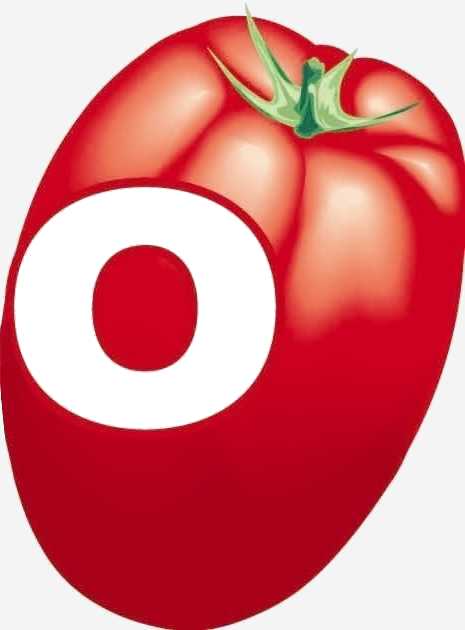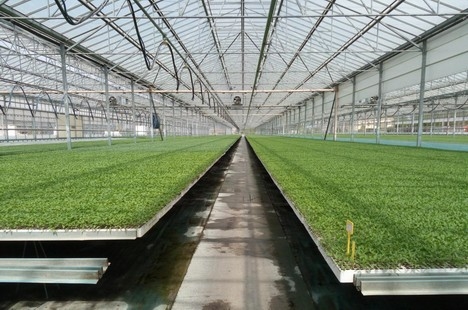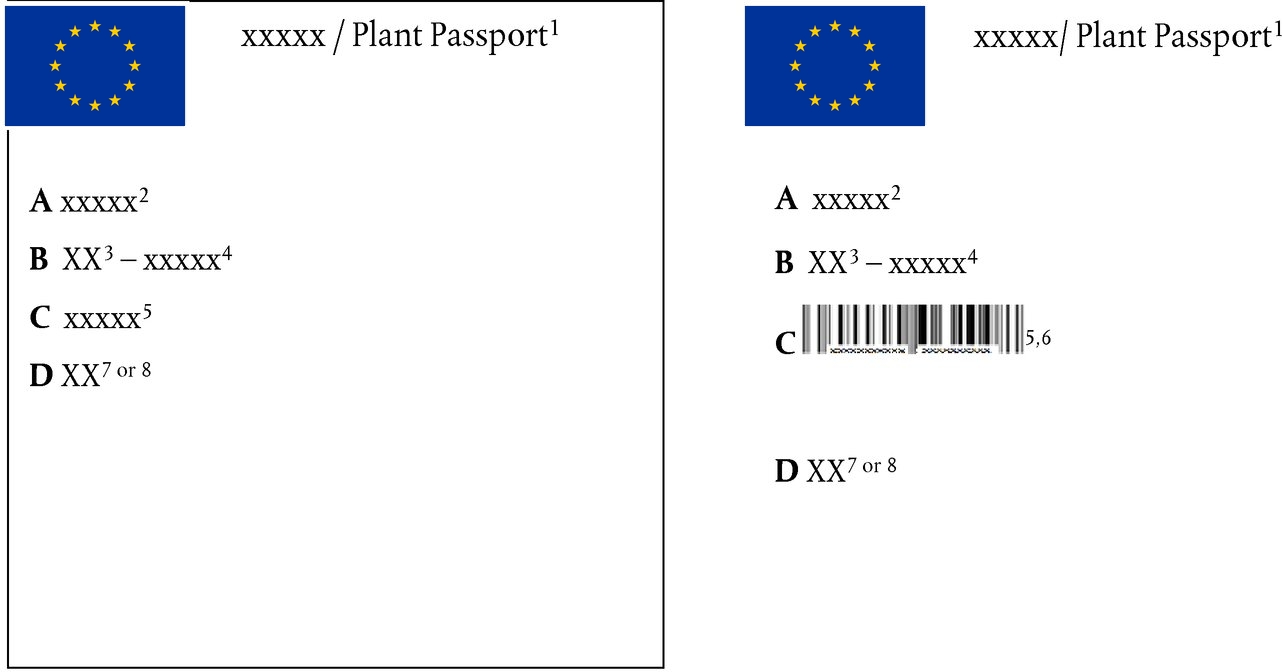At the beginning of December, the Italian association Assoplant made public a number of observations regarding the nursery production of plants for the processing tomato sector.
As part of the early planning stages for the production of processing tomato plants for the 2021 season, Assoplant deemed it useful to bring to the attention of all its partners the substance of some comments collected from a number of its members involved in this specific sector.
 The stagnation of selling prices for plants over many recent years has made the processing tomato plant a common commodity and created a situation in which it is difficult for nursery operators to invest in new technologies and therefore develop innovative cultivation techniques.
The stagnation of selling prices for plants over many recent years has made the processing tomato plant a common commodity and created a situation in which it is difficult for nursery operators to invest in new technologies and therefore develop innovative cultivation techniques.
However, the market requires increasingly efficient plants that allow growers to optimally plan transplanting operations and harvest programs. Such products can only be obtained by implementing nursery cultivation techniques that are technologically advanced, and this can only be guaranteed by an organized operation that is well structured in terms of equipment and systems.
One of the factors that strongly affect the economic profile of nursery production is the negative variations in germination rate and germination energy which, in some cases, can differ widely from the reference standards adopted by the growers who order the plants.
This type of scenario leads to the production of poor quality plants, which generate problems during automatic transplanting in the fields, in particular with the latest generation of transplanting equipment. Such incidents cause increased production costs for both nursery operators and growers, and can lead to poor planning of transplanting and harvest operations.
In order to optimize the production phase in nurseries, and therefore the cultivation stage downstream, the Italian association Assoplant has decided to publicize the following list of some considerations to be taken into account when signing the next supply contracts for seedlings.
 Production traceability has been a legal obligation for the plant-nursery sector for more than twenty-five years and the procedure for cultivating the plants uses a system of batches, with a set-up that makes it possible to take into account all the production stages of horticultural species, including particularly the data concerning the origin of seeds. For reasons of economy, it is therefore advisable to use only existing data regarding production management, which is specific to nursery operators and mandatory under the terms of enforceable regulations. This data is more than sufficient to provide the guarantees required by the industry, thereby avoiding the accumulation of costs in the event of additional intervention by external services.
Production traceability has been a legal obligation for the plant-nursery sector for more than twenty-five years and the procedure for cultivating the plants uses a system of batches, with a set-up that makes it possible to take into account all the production stages of horticultural species, including particularly the data concerning the origin of seeds. For reasons of economy, it is therefore advisable to use only existing data regarding production management, which is specific to nursery operators and mandatory under the terms of enforceable regulations. This data is more than sufficient to provide the guarantees required by the industry, thereby avoiding the accumulation of costs in the event of additional intervention by external services. In the event of the customer supplying seeds in the context of "customized contract work", it is advisable to ask the customer for a copy of the certificates of analyses carried out on the seeds, listing which pathogens were sought and explaining the analysis protocols adopted by the accredited laboratory selected by the customer.
In the event of the customer supplying seeds in the context of "customized contract work", it is advisable to ask the customer for a copy of the certificates of analyses carried out on the seeds, listing which pathogens were sought and explaining the analysis protocols adopted by the accredited laboratory selected by the customer. In this case of "customized contract work", it is very important to contractually fix a deadline for the delivery date of seeds, taking into account the required delivery deadline for the plants. This period must be sufficiently long to allow for all the conformity checks of the seeds entering the nursery; these checks should include independent peat-mat germination tests and sample analysis by independent laboratories. It is therefore advisable to determine a deadline for receiving seeds for customized contract work in the nursery that is at least 60 days before the delivery deadline for the plants. In the event of a delay in receiving the seeds, the delivery deadline for the plants must be postponed by a period equal to the delay in seed delivery.
In this case of "customized contract work", it is very important to contractually fix a deadline for the delivery date of seeds, taking into account the required delivery deadline for the plants. This period must be sufficiently long to allow for all the conformity checks of the seeds entering the nursery; these checks should include independent peat-mat germination tests and sample analysis by independent laboratories. It is therefore advisable to determine a deadline for receiving seeds for customized contract work in the nursery that is at least 60 days before the delivery deadline for the plants. In the event of a delay in receiving the seeds, the delivery deadline for the plants must be postponed by a period equal to the delay in seed delivery.
 All nursery operators, as well as other operators of the industry, are invited to take due account of the considerations in this statement, while also taking into account all aspects of plant-health issues linked to recent amendments to the legislation on "plant passport" measures, which transferred to growers all the responsibility for preventive controls and any management of plant-health emergencies.
All nursery operators, as well as other operators of the industry, are invited to take due account of the considerations in this statement, while also taking into account all aspects of plant-health issues linked to recent amendments to the legislation on "plant passport" measures, which transferred to growers all the responsibility for preventive controls and any management of plant-health emergencies.
 Some complementary data
Some complementary data
Source: freshplaza.it


 The stagnation of selling prices for plants over many recent years has made the processing tomato plant a common commodity and created a situation in which it is difficult for nursery operators to invest in new technologies and therefore develop innovative cultivation techniques.
The stagnation of selling prices for plants over many recent years has made the processing tomato plant a common commodity and created a situation in which it is difficult for nursery operators to invest in new technologies and therefore develop innovative cultivation techniques.
































